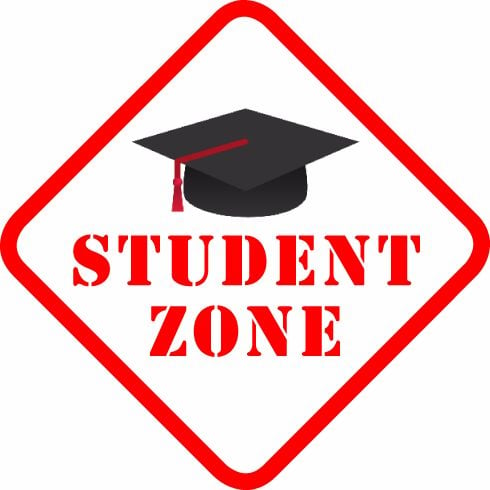NHD STUDENT BLOG SERIES

How to work in sports and exercise nutrition...

Siân is now working with the British Dietetic Association as Professional Practice Manager. She previously worked as an Assistant Professor at the University of Nottingham. She has worked in a range of clinical areas, specialising in learning disabilities, palliative care and nutritional support.
Twitter@: siancunningham2
Siân Cunningham, MSc, RD, AFHEA
Professional Practice Manager, BDA
Sports and exercise nutrition is an area of practice open to both nutritionists and dietitians. With the right qualifications and experience you can make a valuable and vital contribution to the world of sport!
A sports and exercise dietitian or nutritionist is someone who works with athletes to provide support and guidance on the right nutrition, which will give the best results when training, competing and recovering.
A sports dietitian or nutritionist will support their clients to eat well, fitting their nutritional needs into their busy lifestyles and will provide guidance on the suitable and safe use of sports supplements if needed.
Dietitians are also uniquely placed to provide advice on medical conditions such as diabetes and coeliac disease.
Dietitians and nutritionists working in this space have exciting and varied roles.
Sports nutrition includes working in team sports and with individual athletes across a variety of categories, such as football, rowing, rugby, ballet and even Formula 1!
You can find some case studies showcasing what's involved on the BDA web pages here...

Becoming registered – SENR

The Sports and Exercise Nutrition Register (SENR) is a voluntary register, which can provide you with an internationally recognised mark of quality for your training and experience in sports and exercise nutrition. Becoming a registrant of the SENR means that you have:
- the correct and approved qualifications;
- met the competencies for knowledge and skills, demonstrating good practice;
- committed to ongoing professional development and to adhere to the SENR code of conduct.
All of this provides robust reassurance to clients and employers, and for many, it is a requirement of the job to be registered with the SENR. There are several categories for registrants, these include:
- Student membership (for those undertaking their qualifications)
- Graduate registration (for those who have the qualifications but now need to gain experience
- Practitioner registration (for those who have both the qualifications and have demonstrated the relevant experience)
- Academic associate (for those who teach)
Training and education
You must take postgraduate level training to be able to join the register. This means further study after you complete your sports and exercise, nutrition, or dietetic degree.
You can find a list of accredited courses on the BDA web pages here... This means that the course has been assessed and accredited by the BDA as being suitably comprehensive and in-depth to meet the requirements of the SENR.
Entry onto the SENR requires a master’s level qualification (180 Credits at Level 7) unless you are an HCPC Registered Dietitian, in which case you only need to complete a 60 credit (Level 7) postgraduate certificate.
Networks and support

It is always helpful to build networks and relationships in the area of practice that you wish to go into. You can do this by attending study days, conferences and by joining a specialist group. The Sports Nutrition Specialist Group (SNG) is for dietitians and nutritionists who are interested in sports nutrition. The group works to raise the profile of sports nutritionists and dietitians, provide professional development opportunities and develop resources to support practitioners working in sports and exercise nutrition.

